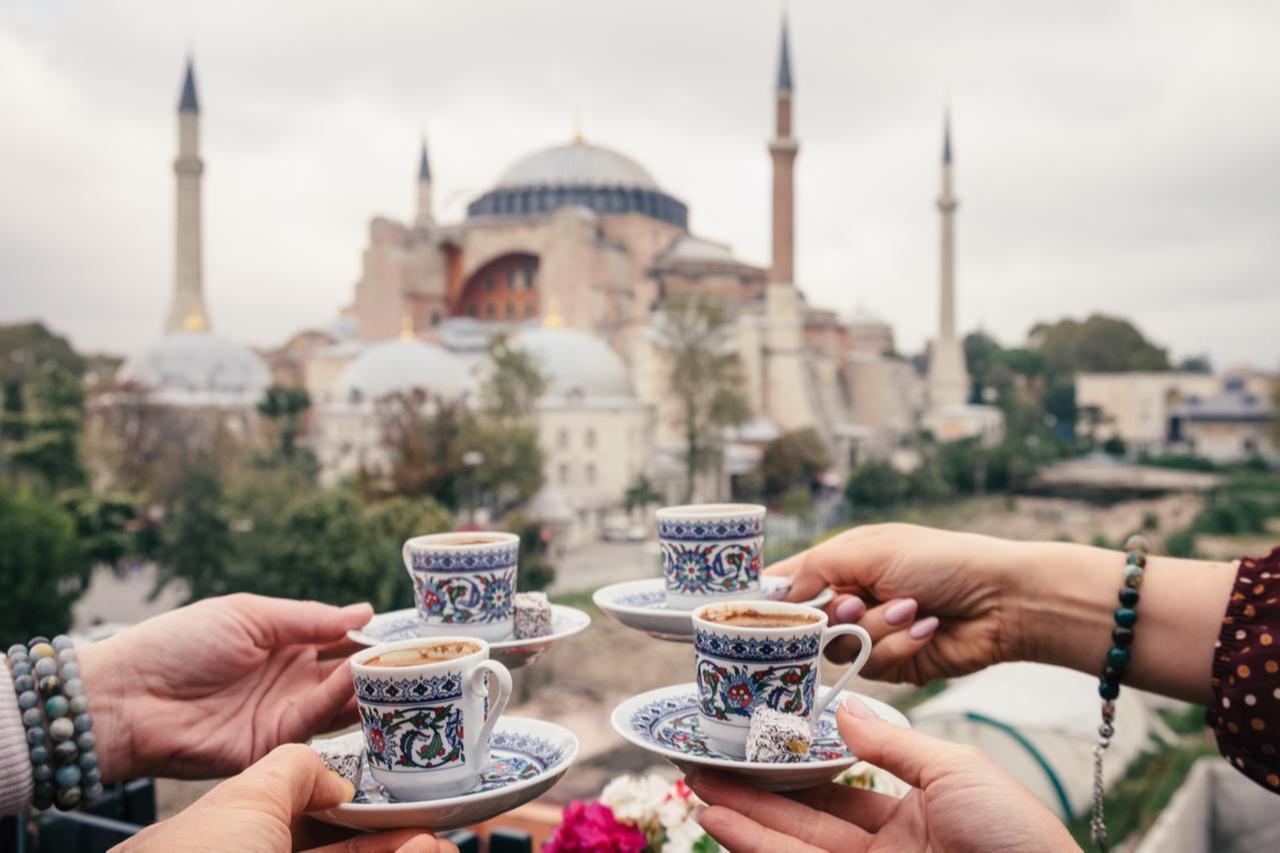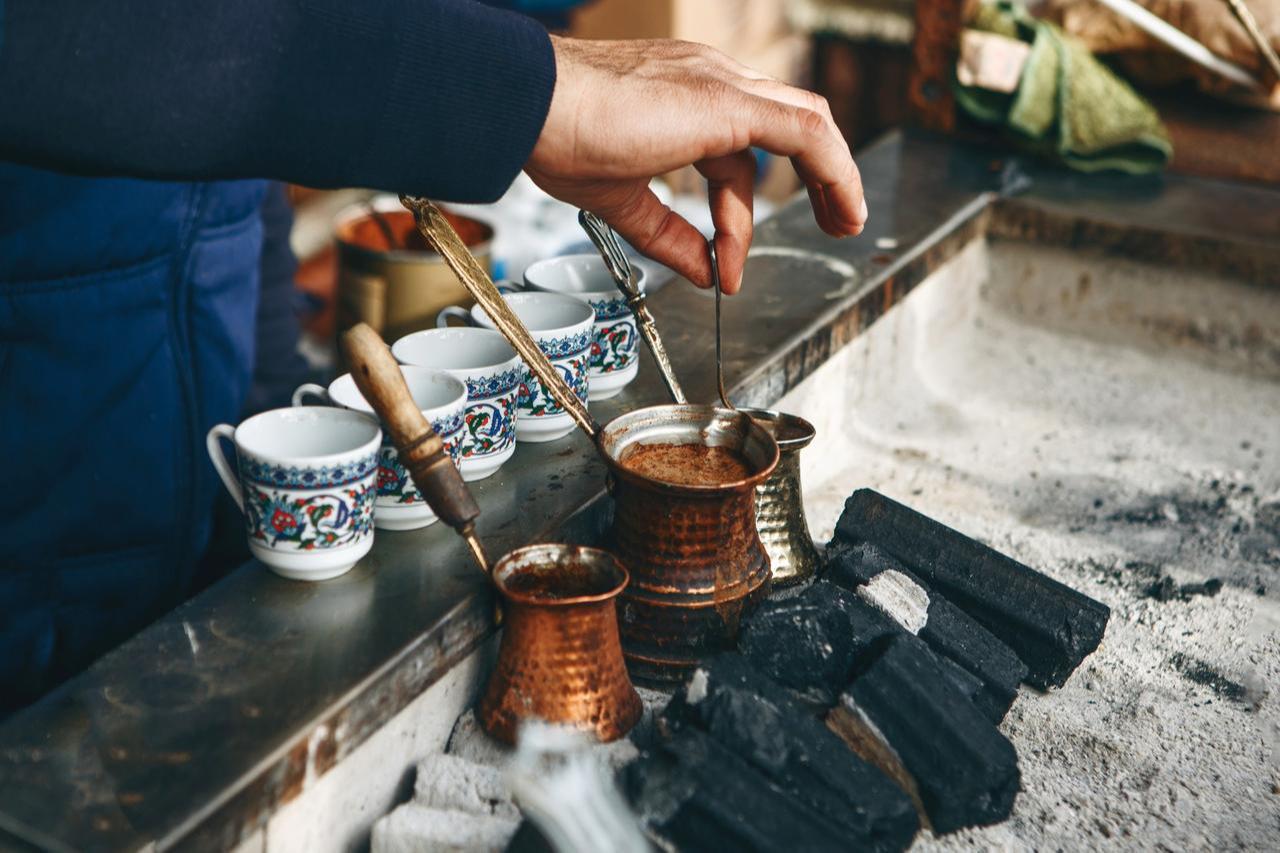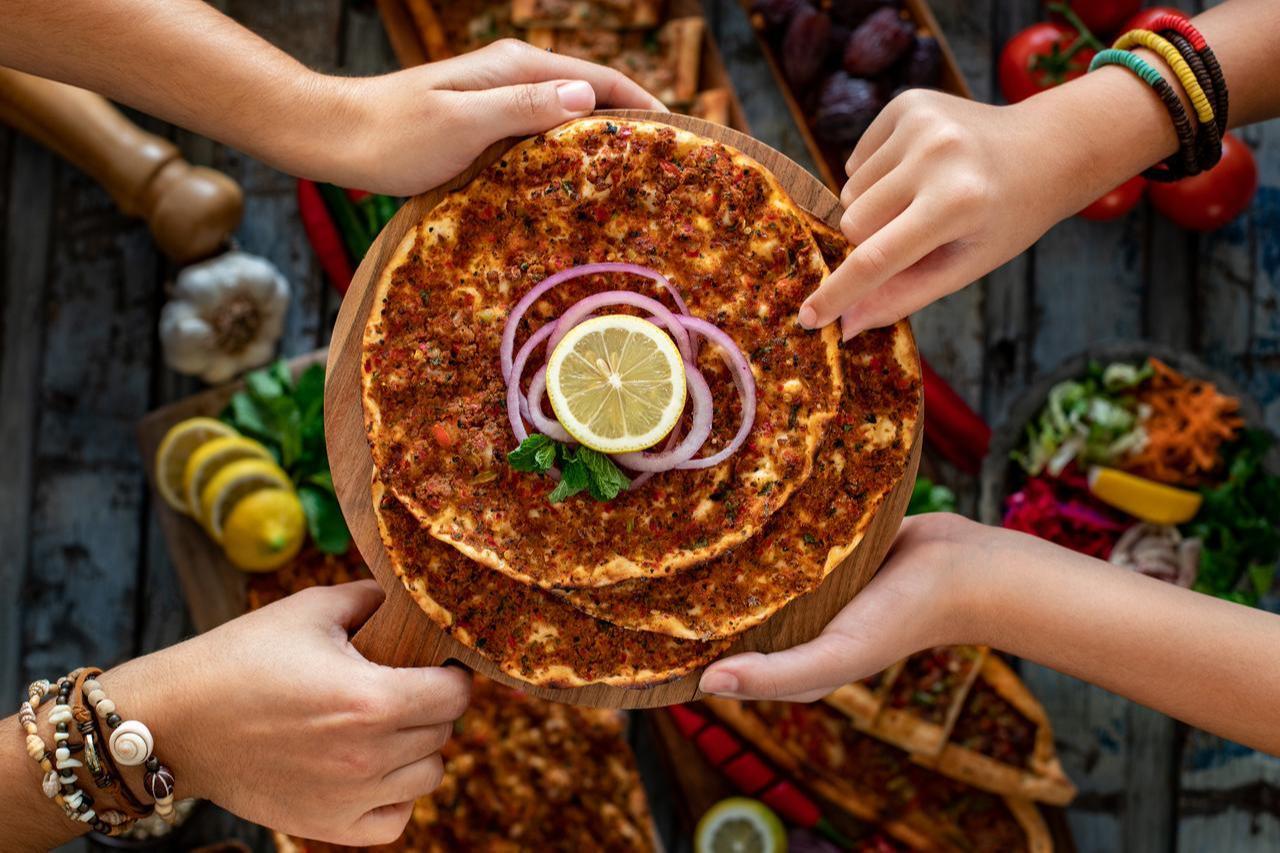
The European Union published its decision in the Official Journal confirming that Turkish coffee is now registered as a “traditional product name” under the Traditional Specialities Guaranteed program.
This is the first time a product from Türkiye has received this status, marking a new stage in the country's recognition efforts in Europe.
The application was submitted by the Union of Chambers and Commodity Exchanges of Türkiye (TOBB).
The organisation said the three month review process ended with the formal approval of Turkish coffee, which also appears on UNESCO's Intangible Cultural Heritage List.

Turkish coffee now holds a category of protection different from geographical indications.
The Traditional Specialities Guaranteed label focuses on traditional preparation methods rather than a specific region, placing the drink in a separate group from Türkiye's many geographically registered foods.
TOBB described Turkish coffee as a cultural symbol with more than five centuries of history and said the drink represents hospitality and social connection.
The organisation added that the unique aroma and taste of Turkish coffee now receive official recognition in Europe and stated that it continues to work on protecting traditional values.

Alongside the new registration of Turkish coffee, two regional foods from Türkiye gained geographical indication protection.
TOBB President Rifat Hisarciklioglu said Hatay kaytaz boregi became Turkiye's thirty ninth product with E.U. geographical indication status, while Gaziantep's lahmacun became the fortieth.
He said Türkiye has a wide range of regional foods and confirmed that work continues on forty two more geographical indication applications and two more traditional product name applications.
The current E.U. list includes products such as Gaziantep's baklava, Aydin's fig, Gemlik's olives Ezine cheese, Safranbolu saffron and several others.
Turkish coffee holds a central place in daily life across Türkiye, where it is linked to social gatherings, hospitality and long standing customs. The E.U. registration adds legal protection to this cultural role and increases international recognition of the drinks traditional preparation.